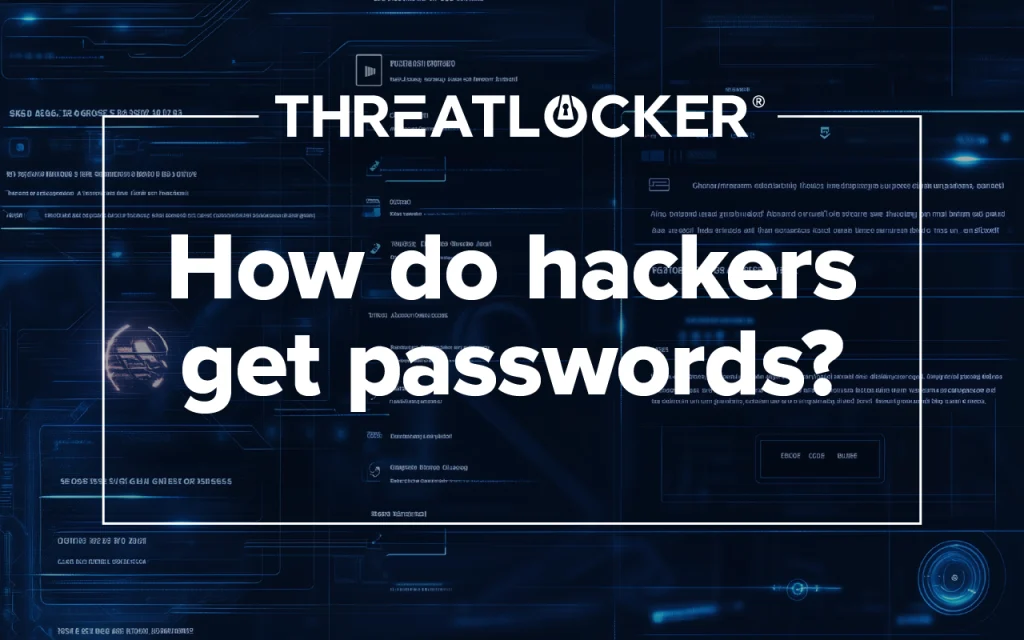How Do Hackers Get Old Passwords

Your old passwords, even those you no longer use, can still pose a significant risk if they fall into the wrong hands. Understanding how hackers get old passwords is critical for safeguarding your digital privacy and strengthening your cybersecurity. Cybercriminals exploit data breaches, phishing, and weak security practices to uncover outdated credentials, often using them to compromise current accounts or relationships. This article explores these methods, their legal implications, and actionable steps to protect yourself. By adopting ethical hacking and robust data protection strategies, you can secure your digital footprint and maintain trust in your online interactions. Let’s dive into the world of password theft and learn how to stay secure.
Common Methods Hackers Use to Obtain Old Passwords
Hackers employ a variety of techniques to retrieve old passwords, targeting both technical vulnerabilities and human oversights. Recognizing these tactics is essential for enhancing your cybersecurity.
Data Breaches: Exposing Old Passwords
Data breaches are a primary way hackers get old passwords. When companies suffer security failures, hackers access databases containing user credentials, including outdated passwords. These credentials are often sold on the dark web or used for credential stuffing. A Center for Internet Security report notes that millions of passwords are exposed annually, many from years-old breaches. To protect your digital privacy, monitor for breaches using services like Have I Been Pwned and avoid reusing passwords.
Phishing and Social Engineering
Phishing campaigns trick users into revealing old passwords by posing as legitimate services, such as email providers or social media platforms. Hackers may send fake “account recovery” emails, prompting users to enter past credentials. Social engineering, where hackers manipulate trust by impersonating trusted contacts, is also common. Recent posts on X highlighted phishing scams targeting old email accounts. Ethical hacking can simulate these attacks to identify vulnerabilities. Learn more about securing your accounts with ethical hacking services.
Legal Implications of Stealing Old Passwords
Obtaining old passwords without consent is illegal under laws like the Computer Fraud and Abuse Act (CFAA) in the U.S. and the General Data Protection Regulation (GDPR) in the EU. A Harvard Law Review article emphasizes that using stolen credentials for unauthorized access can lead to fines or imprisonment, particularly if it results in financial or personal harm. These laws protect digital privacy and underscore the importance of cybersecurity compliance.
For individuals and businesses, adhering to these regulations is critical to avoid legal consequences. Engaging certified ethical hackers can ensure compliance by identifying vulnerabilities in your accounts. Visit data protection resources for solutions to secure your credentials.
Technical Vulnerabilities Hackers Exploit to Get Old Passwords
Hackers target technical weaknesses and user habits to retrieve old passwords, often exploiting outdated systems or poor security practices. Understanding these risks is key to effective cybersecurity.
Credential Stuffing from Leaked Databases
Hackers use old passwords obtained from breaches for credential stuffing, testing them on current accounts, especially if users reuse passwords. This method is effective because many people fail to update passwords after a breach. Recent X posts reported credential-stuffing attacks on social media and banking platforms, fueled by old password leaks. Using unique passwords for each account and enabling two-factor authentication (2FA) are vital for data protection. For professional audits, explore penetration testing services.
Malware and Keyloggers
Malware, such as keyloggers, can capture old passwords stored in browsers or entered during account recovery attempts. Delivered through infected downloads or phishing emails, these tools record keystrokes to steal credentials. A Center for Internet Security report highlights the growing use of malware to target outdated accounts. Regularly updating antivirus software and clearing saved passwords from browsers can mitigate these risks.
Actionable Solutions to Protect Your Old Passwords
Preventing hackers from accessing your old passwords requires proactive measures and a commitment to digital privacy. Here are practical steps to secure your accounts:
- Use Unique Passwords: Create distinct, complex passwords for each account to prevent credential stuffing. Store them securely in a password manager.
- Enable Two-Factor Authentication (2FA): Activate 2FA on all accounts to add a secondary verification layer, reducing the risk of unauthorized access.
- Monitor for Data Breaches: Use services like Have I Been Pwned to check if your old passwords have been exposed, and update compromised accounts immediately.
- Clear Saved Passwords: Remove old passwords stored in browsers or apps to prevent malware from accessing them.
- Update Security Practices: Regularly review and update passwords, especially after a breach, to ensure they remain secure.
For advanced protection, consider ethical hacking services to test your account security. Visit Hacker01’s ethical hacking page for tailored solutions.
The Role of Ethical Hacking in Password Security
Ethical hacking is a proactive approach to preventing hackers from accessing old passwords. White-hat hackers simulate cyberattacks to identify vulnerabilities, such as weak passwords or outdated recovery settings, before malicious actors exploit them. According to Hacker01, ethical hacking services are increasingly vital as cyber threats evolve.
For businesses, ethical hacking ensures compliance with data protection regulations and builds trust with users by safeguarding their credentials. Penetration testing and vulnerability assessments can uncover risks in your accounts, enhancing overall cybersecurity. By partnering with professionals, you can protect your old passwords and maintain secure online interactions.
Conclusion
Understanding how hackers get old passwords empowers you to protect your digital privacy. From data breaches and phishing to credential stuffing and malware, cybercriminals exploit various vulnerabilities. By using unique passwords, enabling 2FA, and monitoring breaches, you can significantly reduce risks. For advanced security, ethical hacking services offer proactive solutions to identify and fix weaknesses. Explore Hacker01’s cybersecurity solutions to safeguard your accounts and ensure a secure digital presence. Take action today to protect your old passwords and maintain trust in your online relationships.